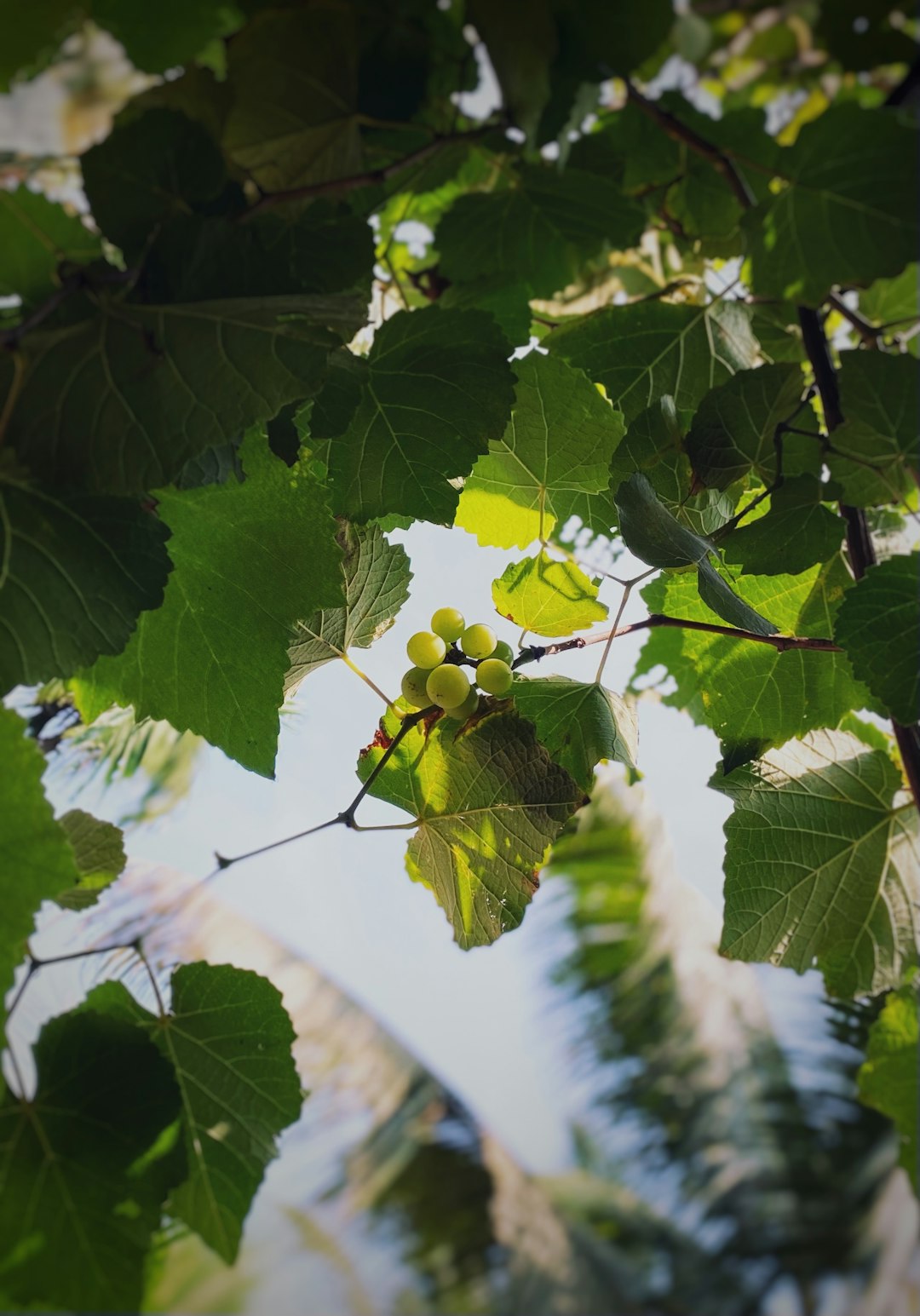Secrets to a Bird - Friendly Garden: Avoiding Feeding Faux - Pas

For nature lovers and gardening enthusiasts, having a garden filled with the melodious chirping of birds is a dream come true. Bird feeders are a wonderful addition to any garden, attracting a variety of feathered friends. However, to ensure that your winged visitors remain healthy and happy throughout the year, it's crucial to avoid some common bird - feeding mistakes.
One of the most significant mistakes is using the wrong type of birdseed. Different bird species have different dietary preferences. For example, finches are particularly fond of nyjer seeds, while cardinals and jays enjoy sunflower seeds. Offering a single type of seed may limit the number of bird species that visit your feeder. A good approach is to provide a mix of seeds, including black oil sunflower seeds, which are a favorite among many birds due to their high fat content, essential for energy, especially during the cold winter months. Additionally, some birds, like hummingbirds, rely on nectar. You can make a simple nectar solution at home by mixing four parts water with one part white sugar. Avoid using honey, as it can promote the growth of harmful fungi.
Another common error is neglecting the cleanliness of the bird feeders. Over time, birdseed can become moldy, and old food can attract bacteria and pests. This can lead to the spread of diseases among the birds. It's recommended to clean your bird feeders at least once a month. Use a mild soap and warm water to scrub the feeder thoroughly, then rinse it well and let it dry completely before refilling it with fresh seed. In areas with high humidity or during the rainy season, more frequent cleaning may be necessary.
Placement of the bird feeders is also a critical factor. Placing feeders too close to windows can cause birds to collide with the glass, resulting in injury or death. It's advisable to place feeders at least three feet away from windows or use window decals to make the glass more visible to the birds. On the other hand, placing feeders too far from natural cover, such as trees or shrubs, can leave the birds vulnerable to predators. Birds need a place to quickly retreat to safety when they sense danger. So, position your feeders near some form of cover, but not so close that predators can easily reach them from the hiding place.
Overcrowding the feeders is yet another mistake. When too many birds are trying to access a single feeder, it can lead to competition and stress among the birds. This can also increase the likelihood of the spread of diseases. Consider having multiple feeders placed at a reasonable distance from each other. This allows more birds to feed comfortably and reduces the chances of overcrowding.
During the winter, many gardeners make the mistake of not providing enough water for the birds. Water is essential for birds, not only for drinking but also for bathing, which helps them keep their feathers in good condition. In cold weather, water sources can freeze. You can use a heated birdbath or change the water in a regular birdbath frequently to ensure that the birds have access to liquid water. In the summer, make sure the water is clean and fresh, as stagnant water can attract mosquitoes and other pests.
Finally, some people make the error of using pesticides in their gardens without considering the impact on the birds. Pesticides can contaminate the birdseed and water sources, and can also kill the insects that many birds rely on for food. Opt for natural pest control methods, such as companion planting or introducing beneficial insects, to keep your garden pest - free without harming the birds.
By avoiding these common bird - feeding mistakes, you can create a garden that is a haven for birds. A well - maintained bird - friendly garden not only provides a source of joy and entertainment for you but also plays an important role in supporting local bird populations. So, take the time to learn about the needs of the birds in your area and make the necessary adjustments to your bird - feeding practices. Your feathered friends will thank you with their beautiful songs and colorful presence in your garden year - round.